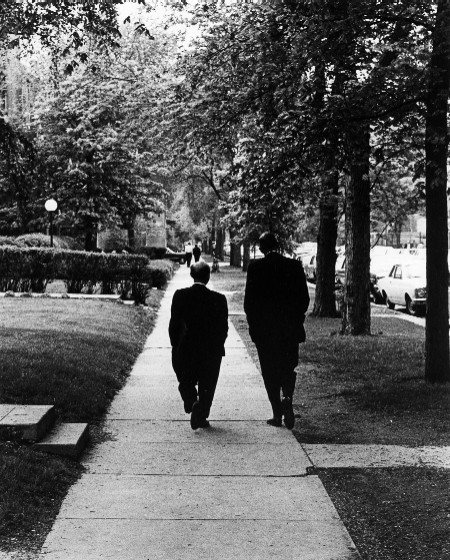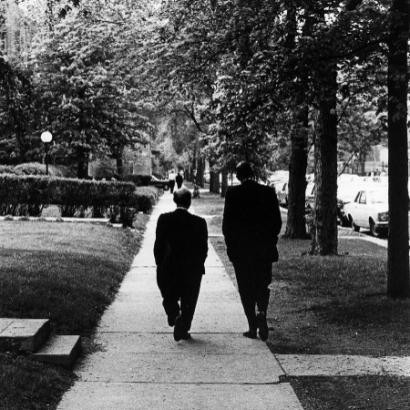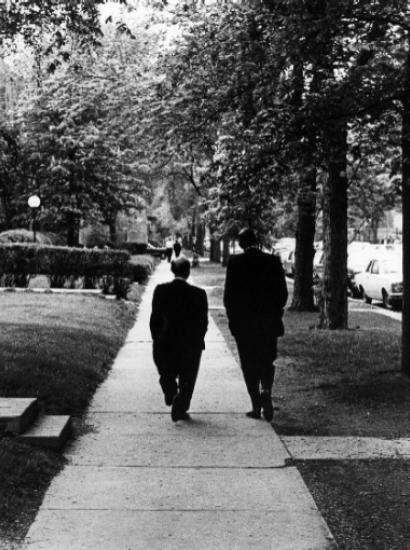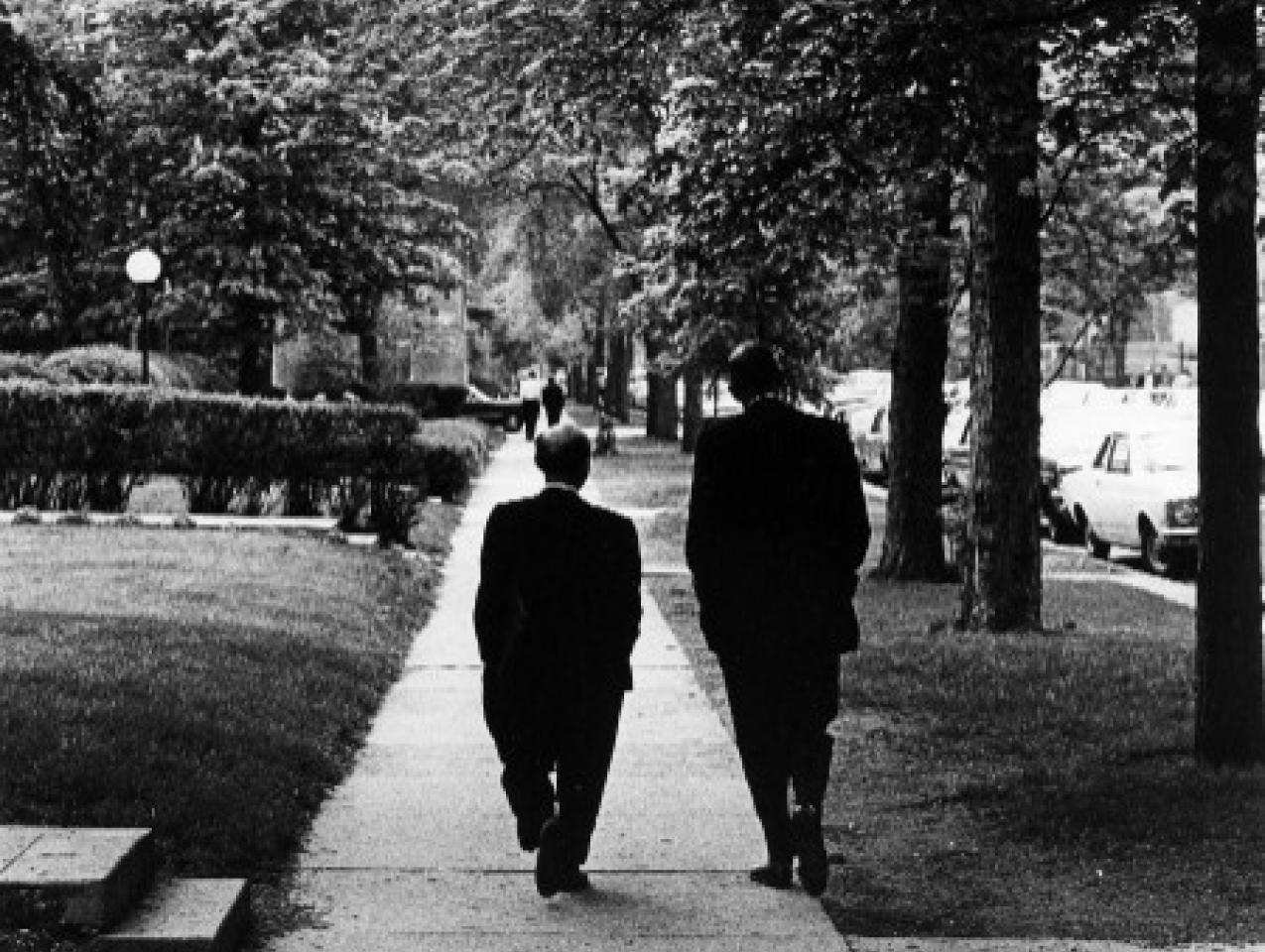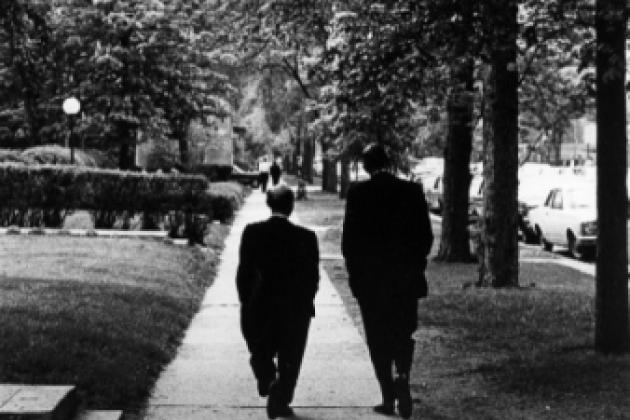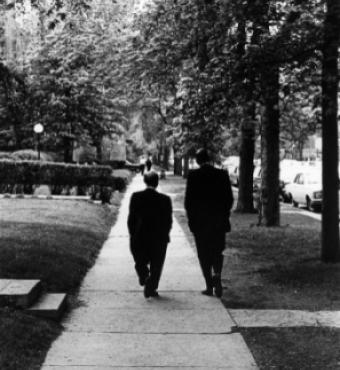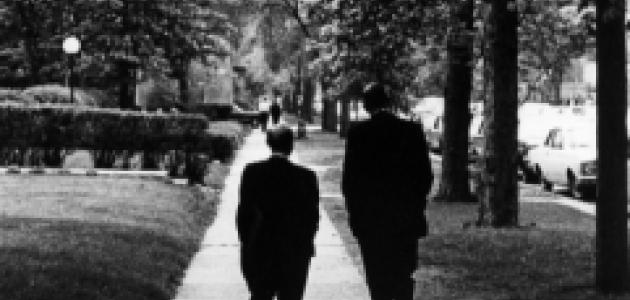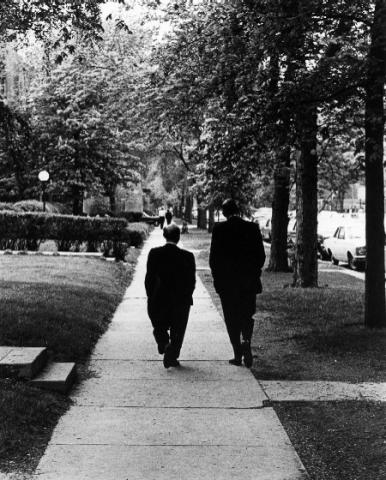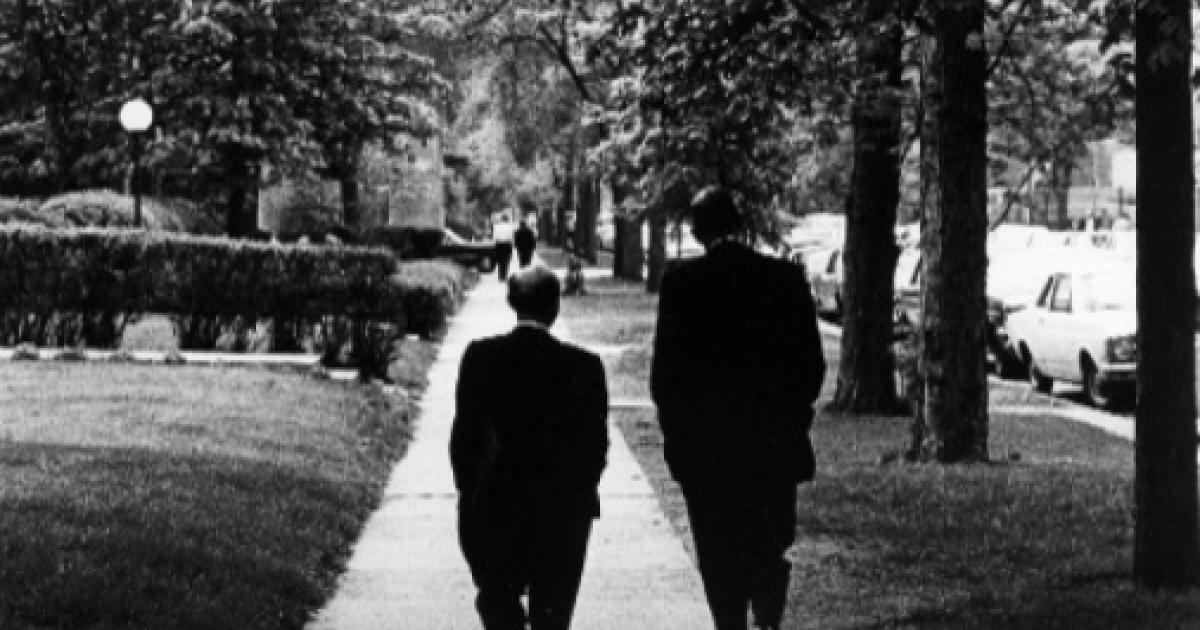- World
- Economic
- History
When my son Jason was an economics Ph.D. student at Harvard in the 1990s, he said, “I have observed that only two economists can push you around, Milton Friedman and Gary Becker.” I agreed but argued that it was a good thing. Everyone needed heroes, and Gary had only Milton. Milton had no one, except Ronald Reagan in the 1980s, but Reagan did not truly qualify as an economist. Arthur Burns may once have been the economist’s hero—as an instructor at Rutgers, he apparently helped persuade the undergraduate Milton not to be an actuary. Burns’s exalted status ended in 1971, however, when he went over to the dark side by endorsing Richard Nixon’s outrageous price controls.
The only person to rival Milton for policy influence in the twentieth century was John Maynard Keynes, who had a strikingly different view of the role of government. Keynes advocated more government intervention into what he perceived as poorly functioning private economies caught up in the global depression of the 1930s. In contrast, Milton put the primary blame for the U.S. depression on government failures, especially of the Federal Reserve’s monetary policy. Hence, the existence of the Great Depression posed no dilemma for Milton’s broad preference for small government, and he found in the Fed’s failures to prevent deflation an argument in favor of monetary rules. As the world evolved—with price stability becoming the major mission of central banks, and free markets and property rights becoming the key policies to promote economic growth—Milton surely won the intellectual and policy battles.







